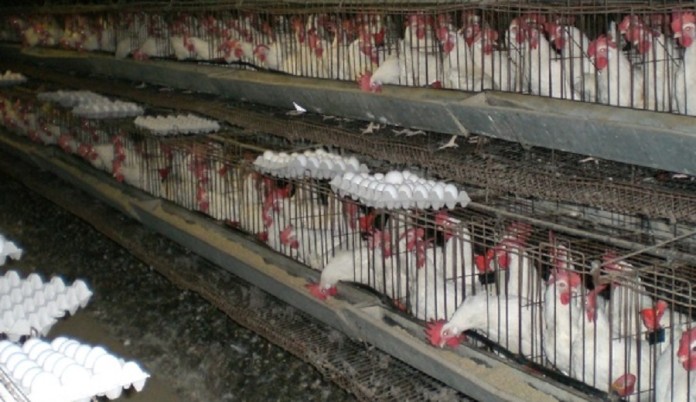DES MOINES, Iowa — The Iowa Department of Natural Resources (DNR) announced Friday it is working with its federal partners to monitor for the presence of avian influenza in Iowa’s wild birds.
Avian influenza is a highly transmissible, naturally occurring disease often found in certain waterfowl and shorebirds, the DNR said. There are various strains of the disease, ranging from strains causing no harm to domestic poultry to strains that are lethal.
“Bird loss in the wild is a natural occurrence,” said Dr. Rachel Ruden, state wildlife veterinarian with the Iowa DNR, “so seeing one dead bird shouldn’t be cause for alarm, but if someone is finding a number of dead birds, especially ducks, geese or raptors, we want to know about it.”
The U.S. Department of Agriculture has an online database tracking avian influenza positive wild birds by state. Ruden said anyone finding five or more dead wild birds within a week should report the findings to their local wildlife biologist or state conservation officer. Contact information is available online at the DNR website.
Avian influenza can exist in a deceased bird for several weeks, depending upon environmental conditions.
“We are encouraging the public not to handle sick or dead birds or to take sick birds to a wildlife rehabilitator to avoid unintentionally spreading avian influenza in the event that the bird is positive,” Ruden said.
She said backyard birdfeeders are not of concern at this point unless mallards are actively using the feeder. Avian influenza’s impact on upland birds, such as wild turkeys, is much less, because their behaviors and preferred habitats make them less likely to encounter the disease in the wild. Spring turkey hunters can find information on handling and preparing wild turkeys on the USDA website.

















